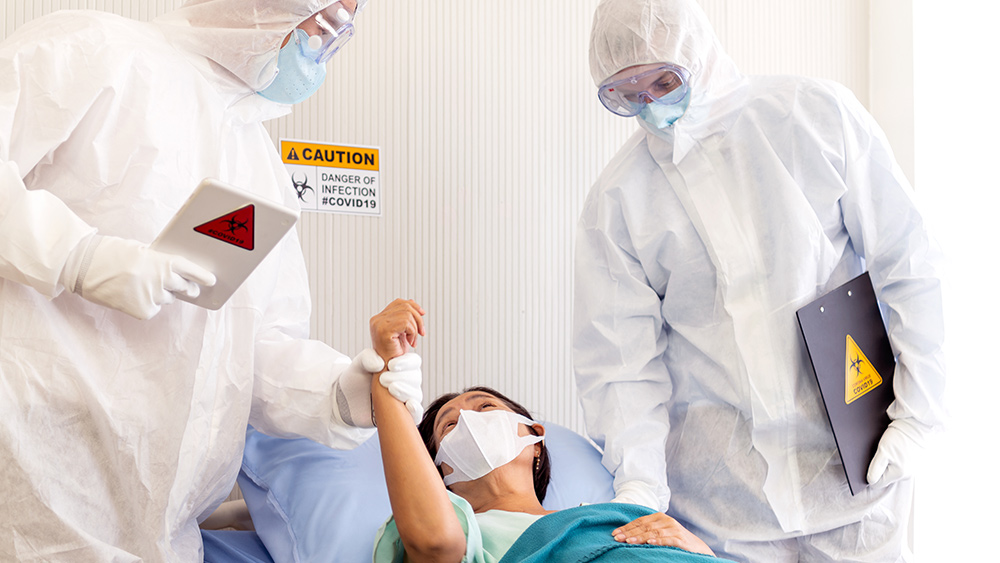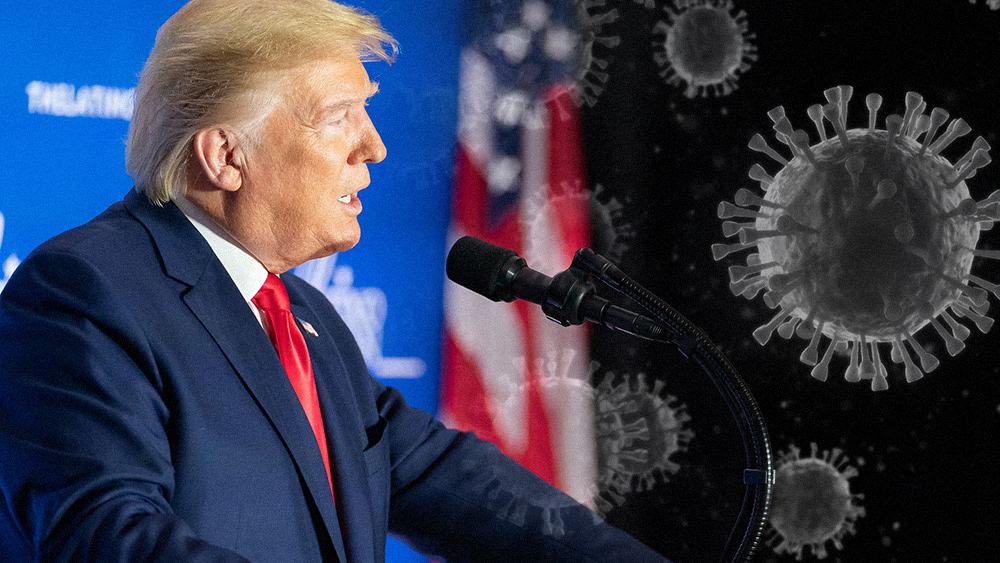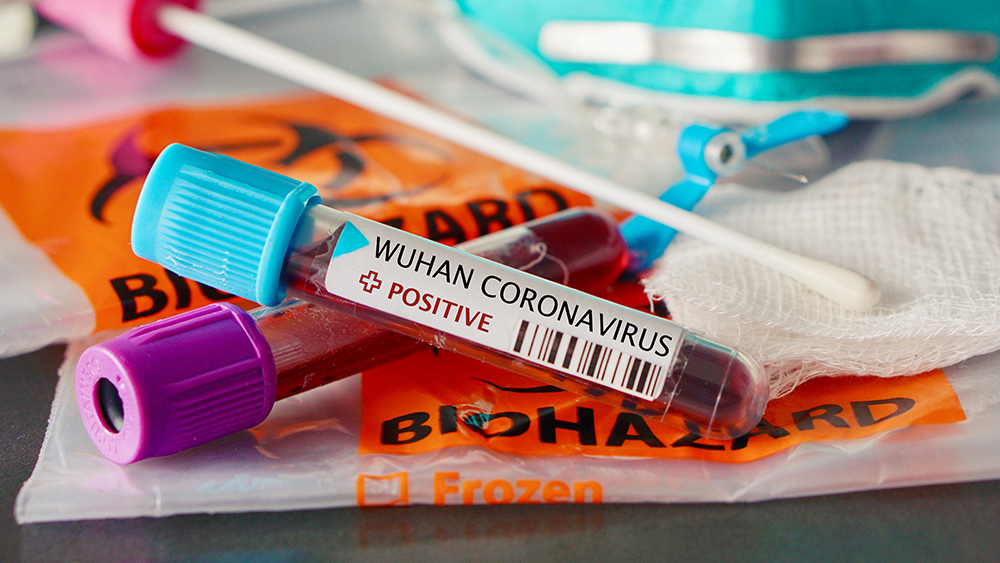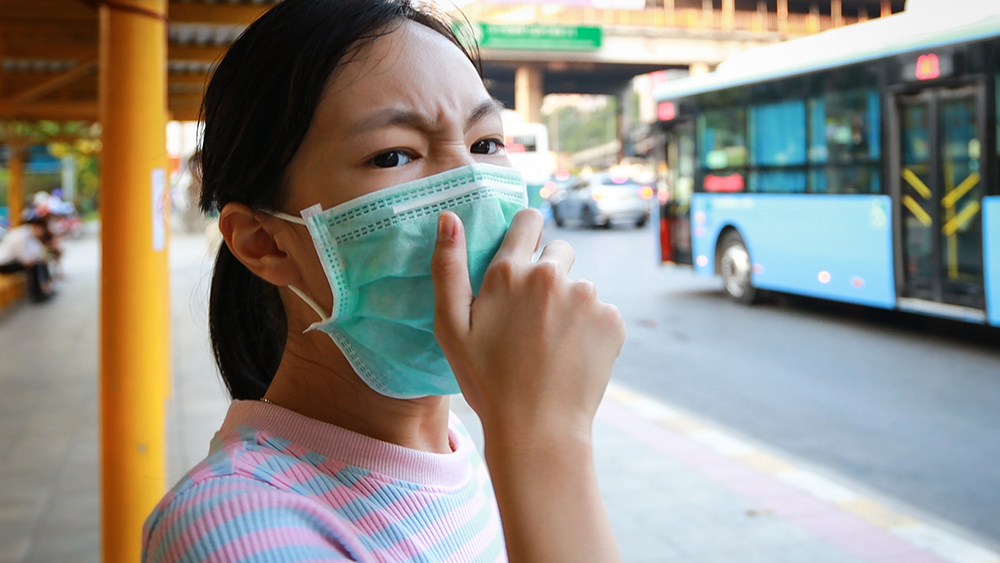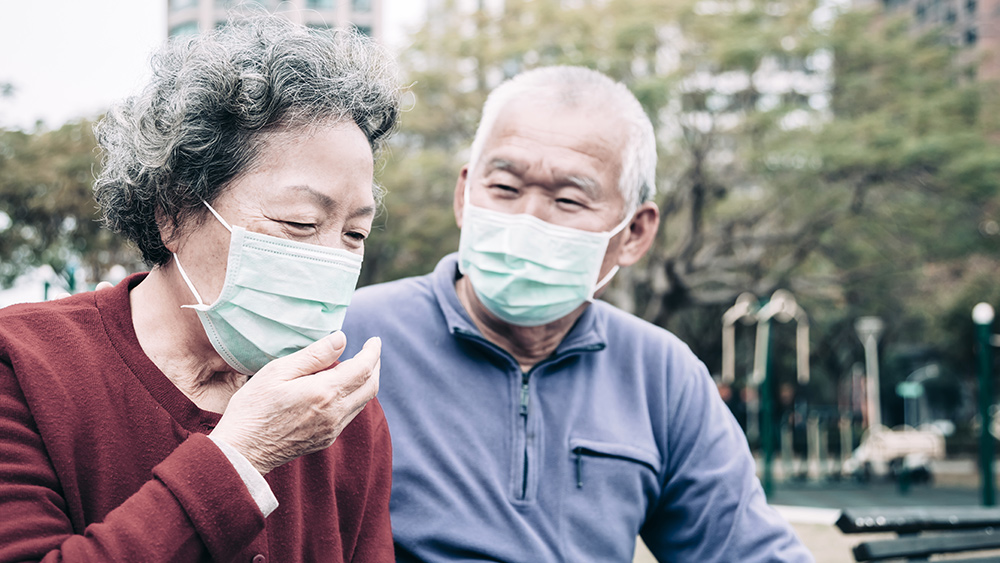Whistleblowers, residents claim that China’s coronavirus recovery is “fake” and that the outbreak is continuing to sicken and kill
03/08/2020 / By JD Heyes
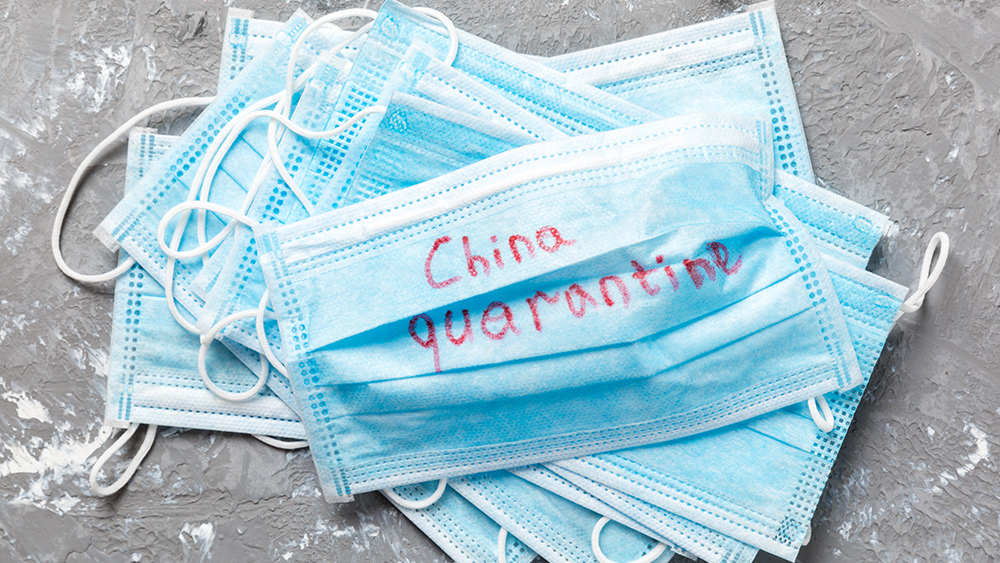
By now, anyone seriously following the outbreak of the Wuhan coronavirus (COVID-19) and the Chinese government’s response to it knows that Beijing’s communist leaders have been less than truthful about how serious things are.
We know, for instance, that Chinese authoritarians are censoring any and all citizen journalists who are trying to get the real word out about the scope and magnitude of the outbreak.
We know that mostly empty Chinese factories, on the government’s order, are ramping up electricity use to make it seem like the worst of the outbreak is over and production levels are returning to normal.
We also know that Chinese government authorities are purposely undercounting infection rates, which in some cases are 52 times higher than ‘official’ numbers.
Now, according to whistleblowers and Chinese residents, the country’s reported ‘recovery’ from the viral outbreak is also phony.
Even before COVID-19 became a global crisis, Chinese leaders had been criticized for their handling of the situation and lack of transparency about the disease’s progression. Things now look like they’re on the upswing, and businesses even appear to be headed back to work — but whistleblowers and local officials tell Caixan that’s just a carefully crafted ruse.
According to the report, the Communist government has been pressing districts to continue business as usual or at least put up the appearance of same, with local governments even subsidizing electricity costs and implementing mandatory quotas.
But, The Week notes in an example, Zhejiang, a province just east of the outbreak epicenter of Wuhan City, claimed that as of Feb. 24 it had restored 98.6 percent of its pre-viral outbreak work productivity.
And yet, according to civil servants who talked to Caixan, businesses are really just fabricating those figures. Authorities from Beijing began checking Zhejiang business’ electricity consumption levels, and so local officials ordered firms and factories to leave their lights and machinery on all day long to ramp up usage numbers (as we have reported).
The Chinese recovery mirage continues…
One civil servant noted that businesses have also faked staff attendance logs because, as Caixan writes, they “would rather waste a small amount of money on power than irritate local officials.”
Oops. Busted.
In the epicenter city of Wuhan, officials have attempted to make it seem as though full recovery efforts are underway, running on schedule and going well. But when “central leaders” make personal inspections of disinfecting regimens and food delivery, local officials are sure to “make a special effort” for them and them alone, according to a resident who spoke with Caixan.
Also, in a video that has been circulating on social media, Chinese residents are seen shouting at visiting leaders from apartments where they remain in quarantine — “Fake, it’s all fake.”
As to the infection undercount, The Epoch Times reported late last month that the outbreak of the virus in China’s Shandong province is far worse than previously stated by the government, according to several official documents the news organization has managed to obtain.
Specifically, the Shandong Centers for Disease Prevention and Control’s tallies from Feb. 9 through Feb. 23 were off by anywhere form 1.36 to 52 times the actual number published by the organization.
Regarding the elevated use of electricity, the idea is clearly to pretend as though the Chinese economy is recovering and humming along again, no doubt to calm investors and the global markets, but also in a bid to convince Chinese citizens the government has a handle on things.
It’s all a mirage, and in fact, given supply chain shortages already hitting the U.S. and Europe, it’s increasingly clear that China is far from ‘recovered’ from the outbreak.
How long will it last? That’s anyone’s guess at this point.
Sources include:
Tagged Under: Beijing, China, Collapse, communist government, Cover-Up, deception, economy, electricity, fake information, false recovery, lies, outbreak, pandemic, production declines, recovery, SHTF, Wuhan, Wuhan coronavirus


